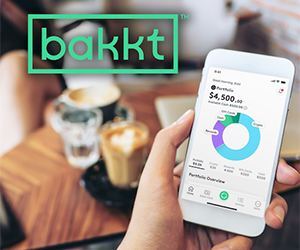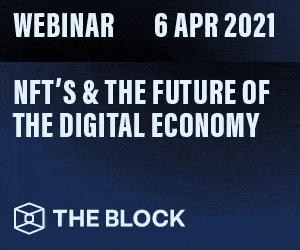U.S. Seizes $2.3M in Bitcoin from Colonial Pipeline Hackers
Key Takeaways
- The FBI has recovered more than half of the ransom paid to the Colonial Pipeline hackers by following the funds on-chain and contacting the custodian of the public address.
- Bitcoin has dipped in the last 24 hours, possibly because some believed that the FBI was able to hack the network.
- The Department of Justice now treats ransomware attacks with the same priority as terrorism.
U.S. officials have reported the successful recovery of more than half of the ransom paid out in Bitcoin to the Colonial Pipeline attackers. The FBI believes the hackers are linked to Russia-based ransomware group DarkSide.
Colonial Pipeline Ransom Recovered
The U.S. has seized the Colonial Pipeline hackers’ Bitcoin.
The Dept of Justice (DoJ) announced that more than half of the $4.4 million ransom paid out to Colonial Pipeline to ransomware attackers had been recovered Monday.
The Colonial Pipeline incident paralyzed the southern U.S. states and caused huge disruption due to gas shortages. Biden called a state of emergency following the events. The FBI concluded that a group linked to DarkSide, a Russian group of hackers known for ransomware attacks, was responsible.
Since then, the DoJ has announced that it would give the same priority level to ransomware as it does to terrorism in the future. The newly created Ransomware and Digital Extortion Task Force will coordinate the response to all ransomware and cyberattacks in the country from Washington.
The news that the FBI had recovered Bitcoin sent fear in the markets, with some believing that the service could hack the Bitcoin network. In fact, the FBI agents managed to use a block explorer to track the transactions and figure out the public address where the ransomed Bitcoin was stored. The FBI then used a warrant to claim the 63.7 BTC in that address to the exchange or custodian storing the Bitcoin.
The on-chain Bitcoin address linked to the Colonial Pipeline ransom wasn’t hacked. Once the FBI figured out the public key by analyzing on-chain data, it linked that public key to a certain custodian. The custodian for the address was asked to share the private key. As the popular crypto saying goes: “not your keys, not your Bitcoin.”
Disclaimer: The author held ETH and several other cryptocurrencies at the time of writing.
The information on or accessed through this website is obtained from independent sources we believe to be accurate and reliable, but Decentral Media, Inc. makes no representation or warranty as to the timeliness, completeness, or accuracy of any information on or accessed through this website. Decentral Media, Inc. is not an investment advisor. We do not give personalized investment advice or other financial advice. The information on this website is subject to change without notice. Some or all of the information on this website may become outdated, or it may be or become incomplete or inaccurate. We may, but are not obligated to, update any outdated, incomplete, or inaccurate information.
You should never make an investment decision on an ICO, IEO, or other investment based on the information on this website, and you should never interpret or otherwise rely on any of the information on this website as investment advice. We strongly recommend that you consult a licensed investment advisor or other qualified financial professional if you are seeking investment advice on an ICO, IEO, or other investment. We do not accept compensation in any form for analyzing or reporting on any ICO, IEO, cryptocurrency, currency, tokenized sales, securities, or commodities.
See full terms and conditions.
Source: Read Full Article




